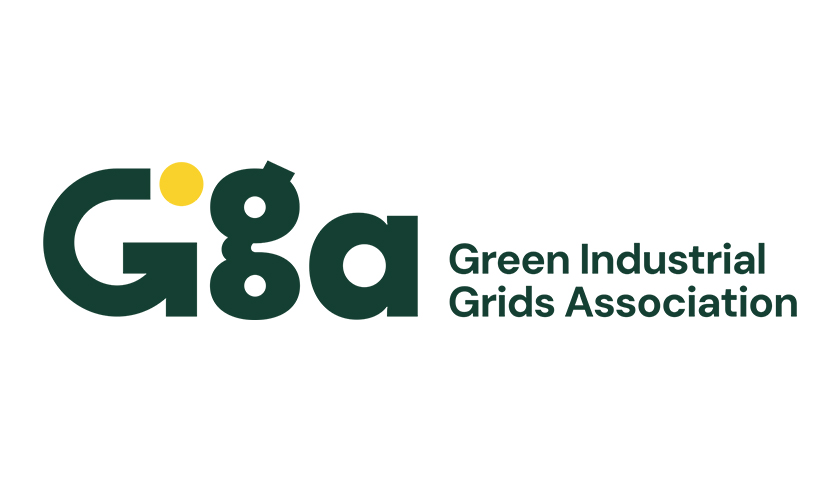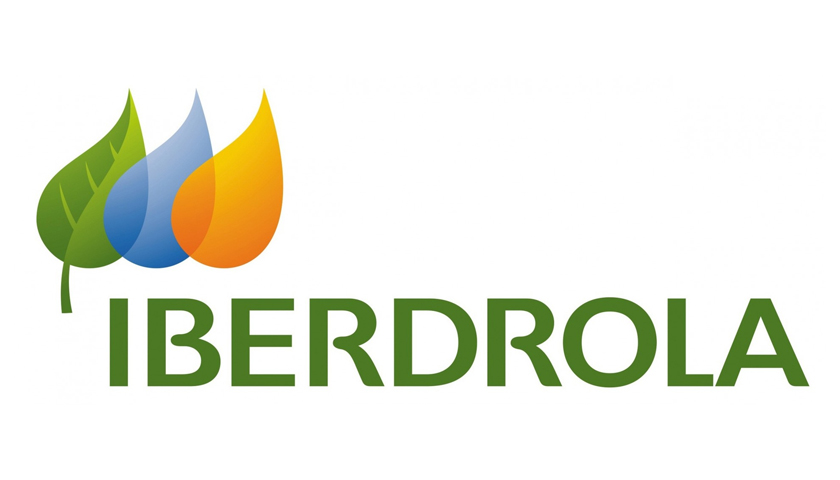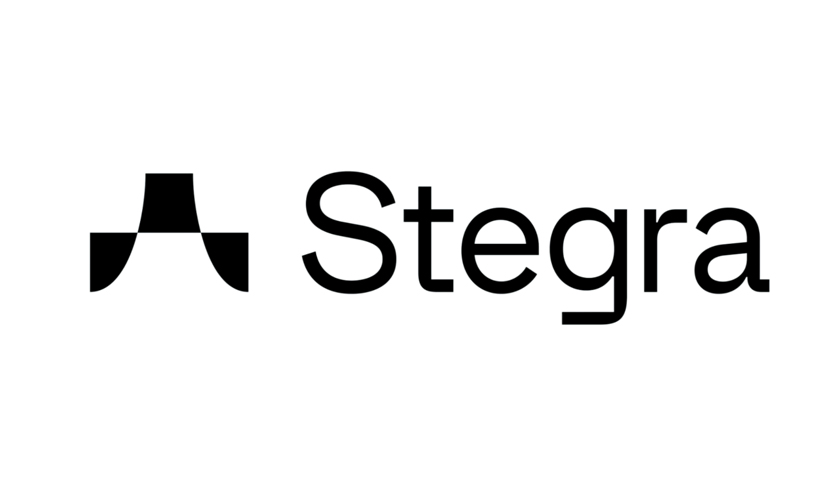Compared to a decade ago, venture capital (VC) funding into global impact startups has grown 300%. But for the fifth year in a row, VC investment is in decline. Impact startups have raised $33B in 2025 so far, a projected 24% drop from the previous year. Rising geopolitical tensions, scarcer resources, and volatile prices have shifted the focus of funding from a long-term transformation agenda centred around the Sustainable Development Goals to renewed goals of national security, resilience and independence. This shift is the main takeaway from the State of Impact 2025 report, presented today in The Hague at ImpactFest by ImpactCity, Dealroom, and Microsoft.
New concentrations of capital
Food security solutions are set to raise about half as much capital as last year ($1.9B vs $3.7B), even as global pressures make them increasingly vital. Circular startups are expected to attract only a fraction of previous funding, while sustainable materials continue to perform strongly, enabled by advances in AI-powered materials discovery, a field that has already attracted over $1.1B this year.
Notable rounds have also gone to companies strengthening supply chains in critical materials like steel, cement, and rare earths. Meanwhile, funding for water-related and blue economy solutions is reverting to pre-pandemic levels, with under $500M and around $1B expected respectively.
A decade in review, a decade ahead
The past decade marked the turning point when clean energy and electrification became both economically viable and self-propelling. Solar, wind, and battery costs plummeted, making renewables cheaper than fossil fuels and enabling record investments of over $2 trillion annually in the energy transition. Electric vehicles rose from niche to mainstream, while over three-quarters of the global energy system became technically electrified. Yet, decarbonising
the last 10–20% of emissions remains a monumental challenge, requiring breakthroughs in carbon removal, green fuels, and heavy industry transformation.
Looking ahead, the next decade will hinge on scaling these technologies, doubling annual clean energy investment to $4.5 trillion, and channelling financing more equitably to the Global South. Digital tools, from AI-enabled optimisation to blockchain-based carbon markets, will redefine how we monitor, mitigate, and finance climate action. The transition is now unstoppable, but whether it will be fast and fair enough remains the defining question of the decade ahead.
The Netherlands and Europe remain impact oriented
In the light of the shifting funding focus, the Netherlands and Europe remain important drivers for impact entrepreneurship. Europe leads by VC funding in segments such as regenerative agriculture, circular economy and advanced materials. The Netherlands demonstrates a concentration of impact much higher than all other major continents and has also shown the highest growth over the past decade, jumping from 13 to 20%. The Netherlands has a frontrunning position on global impact finance, with over $200B now committed to impact and Sustainable Development Goals-aligned investments.
DOWNLOAD THE REPORT HERE



